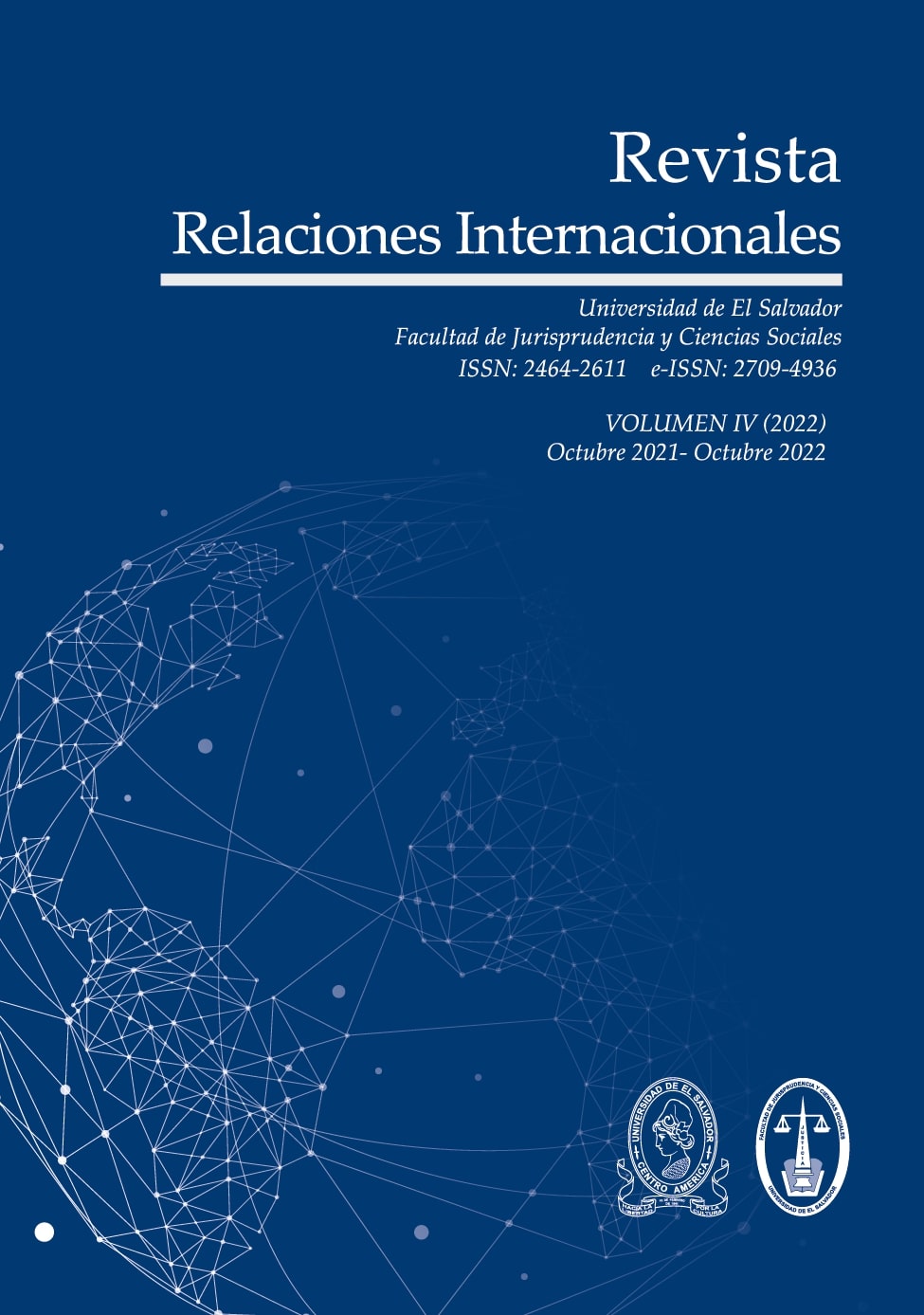Climate change and Agenda Setting. Case studies: Spain, Argentina and Peru
Keywords:
agenda setting, climate change, media coverage, framing, climate financeAbstract
Climate change has disseminated through media coverage as a phenomenon that constantly challenges the existence of humanity, disregarding its characterization under its natural dimension and anthropogenic origin. After decades of investigation, Agenda Setting and Framing have been theories whose approach has been the analysis of the parameters chosen from media to turn specific events into trends in which those aspects subsequently marginalized become secondary for public opinion. From the academy, Agenda Setting has proved to turn climate change into a marginal issue usually identified by the emergence of international forums or natural disasters. Fill in time, these phenomena have involved their connection between political, economic, and social implications that media concern transforms into conceptions about the problem’s seriousness besides its inclusion in national and international agendas. For this purpose, the scope of this article is to identify the entailment between the Agenda Setting and the conceptions that derive from it about climate change in public opinion to promote critical analysis of the repercussions on the international development agenda
Downloads
References
Ardèvol-Abreu, Alberto. “Framing o teoría del encuadre en comunicación. Orígenes, desarrollo y panorama actual en España”, Revista Latina de Comunicación Social, n.70 (2015). http://www.revistalatinacs.org/070/paper/1053/RLCS-paper1053.pdf
Aruguete, Natalia. “Agenda Setting y Framing, un debate teórico inconcluso”. Revista Más Poder Local. n.30 (2017). https://dialnet.unirioja.es/descarga/articulo/5788523.pdf
Carlos Gonzáles García. “Tratamiento periodístico del cambio climático en los diarios peruanos El Comercio y La República (2013-2017)”. Revista Scielo, n. 38: 2018. https://www.scielo.cl/scielo.php?script=sci_arttext&pid=S0719-15292018000200026#aff1
Comisión Económica para América Latina y el Caribe (CEPAL). “COP 20 aprueba declaración ministerial sobre derechos de acceso y cambio climático”. 12 de diciembre de 2014. https://www.cepal.org/es/notas/cop-20-aprueba-declaracion-ministerial-sobre-derechos-de-acceso-y-cambio-climatico
De Vengoechea, Alejandra. “Las Cumbres de las Naciones Unidas sobre Cambio Climático”. Proyecto Energía y Clima de la Fundación Friedrich Ebert – FES, 2012. https://library.fes.de/pdf-files/bueros/la-energiayclima/09155.pdf
El País. “EE.UU. y China hacen fracasar Copenhague”. Internacional. El País, 16 de noviembre de 2009.
Fernández Reyes, Rogelio. “La cobertura mediática del cambio climático y el cambio transformacional”. EFE: Verde (blog). 6 de diciembre de 2017. https://www.efeverde.com/blog/creadoresdeopinion/la-cobertura-mediatica-del-cambio-climatico-cambio-transformacional-rogelio-fernandez-reyes/
González Alcaraz Luis. “La Agenda Temática del Cambio Climático en la Prensa Argentina”. Oficios Terrestres, n.34: 2016. https://oaji.net/articles/2016/2719-1474997024.pdf
Google Trends. Agenda 2030. acceso el 27 de marzo de 2022. https://trends.google.es/trends/explore?cat=16&date=2015-01-01%202015-12-31&q=agenda%202030
https://elpais.com/internacional/2009/11/15/actualidad/1258239608_850215.html
Martín Chivelet, Javier. Memorias de un clima cambiante. Claves científicas para enfrentarse al cambio climático (España, 2016)
Naciones Unidas. “El Acuerdo de París”. Acción por el clima. acceso el 27 de marzo de 2022, https://www.un.org/es/climatechange/paris-agreement
Pontificia Universidad Católica de Chile. Agenda Setting: ¿Cómo marcan pauta los medios de comunicación? 10 de enero de 2021. https://www.uc.cl/noticias/agenda-setting-como-marcan-pauta-los-medios-de-comunicacion/
The National Aeronautics and Space Administration (NASA). MODIS Instrument Team. NASA Goddard Space Flight Center. Visible Earth, 2000. https://visibleearth.nasa.gov/images/54223/global-surface-reflectance-and-sea-surface-temperature/54225l
Downloads
Published
Issue
Section
License
Copyright (c) 2022 Revista Relaciones Internacionales

This work is licensed under a Creative Commons Attribution-NonCommercial 4.0 International License.
The authors transfer the copyright rights in favor of the Faculty of Jurisprudence and Social Sciences of the University of El Salvador (through Aequus Editorial) to include their writing in Revista Relaciones Internacionales.








